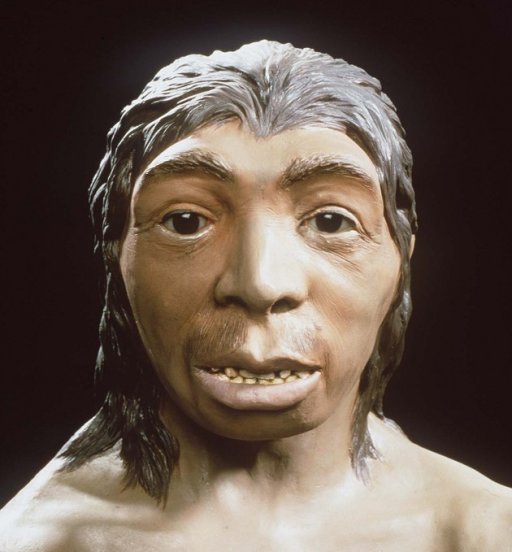Neanderthal's genome sequenced - Researchers have completed the first high-quality sequencing of a Neanderthal genome.
The genome produced from remains of a toe bone found in a Siberian cave is far more detailed than a previous "draft" Neanderthal genome sequenced three years ago by the same team at the Max Planck Institute for Evolutionary Anthropology in Leipzig, Germany.
"The genome of a Neanderthal is now there in a form as accurate as that of any person walking the streets today," said Svante Paabo, a geneticist who led the research.
The Leipzig team has already been able to determine which genes the Neanderthal inherited from its mother and which from its father.

A team at the Max Planck Institute for Evolutionary Anthropology in Leipzig, Germany, completed the sequencing of a Neanderthal genome
It now hopes to compare the new genome sequence to that of other Neanderthals, modern humans and Denisovans - another extinct human species whose genome was previously extracted from remains found in the same Siberian cave.
"We will gain insights into many aspects of the history of both Neanderthals and Denisovans, and refine our knowledge about the genetic changes that occurred in the genomes of modern humans after they parted ways with the ancestors of Neanderthals and Denisovans," Mr Paabo said.
His group plans to publish a scientific paper later this year, and in the meantime, the genome sequence is being made freely available so scientists elsewhere can conduct research on it. The announcement was welcomed by other researchers.
Wil Roebroeks, an archaeologist at Leiden University in the Netherlands who was not involved in the Leipzig study, said it was "exciting times" for comparative studies of humans and our closest extinct relatives.
By combining findings from genetics with studies of early diets, technology and physical anthropology of different human species, scientists would probably find new insights into our evolutionary past soon, he said.
Richard Klein, a paleoanthropologist at Stanford University in California who was not involved in the study, said it was "a monumental achievement that no one would have thought possible 10 or perhaps even five years ago". He said the comparisons might allow scientists to discover what makes our species unique and explain why we survive and others did not. ( Press Association )
No comments:
Post a Comment